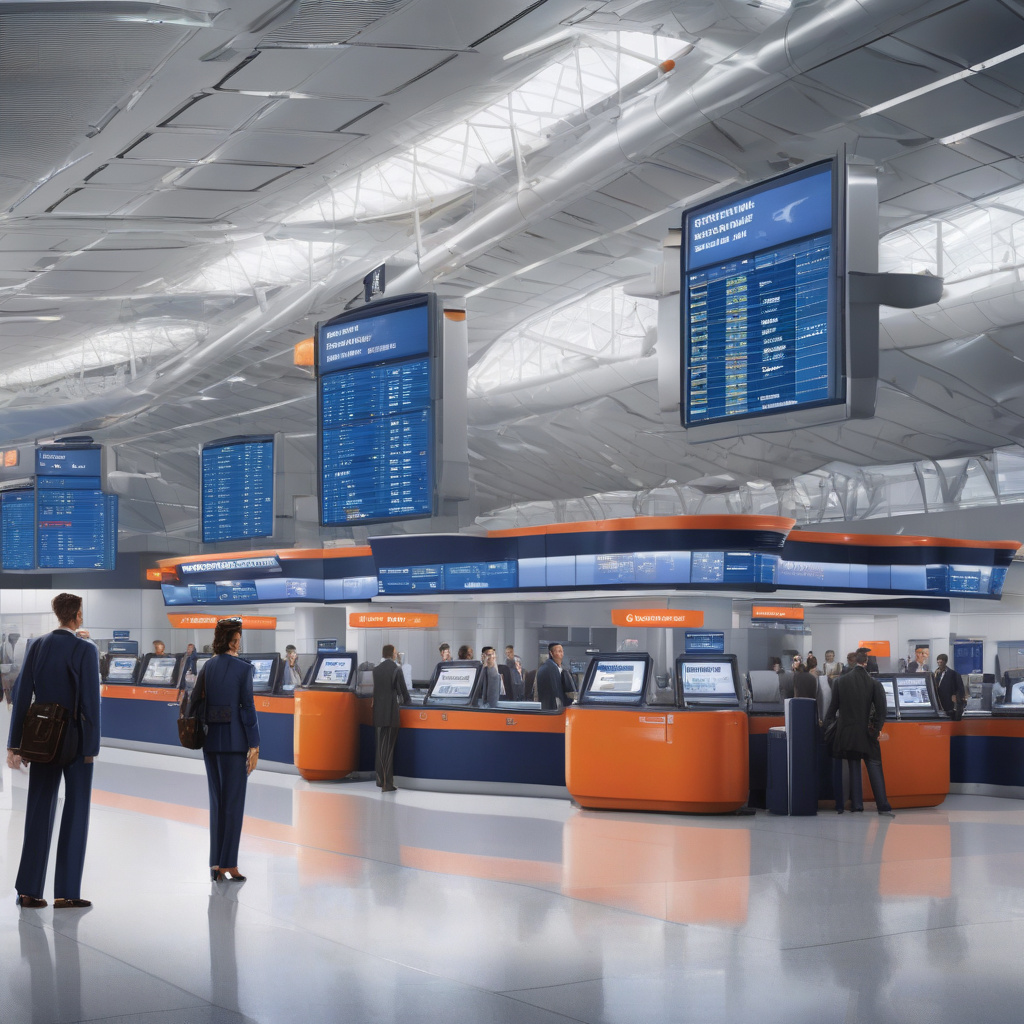Title: Cyberattack Grounds Aeroflot: A Wake-Up Call for Cybersecurity in the Aviation Industry
In a startling turn of events, Aeroflot, Russia’s largest airline, has been targeted by a vicious cyberattack. The Russian prosecutor’s announcement of a criminal investigation into this incident underscores the severity of the situation. This attack has not only disrupted Aeroflot’s operations but has also raised concerns about cybersecurity vulnerabilities in the aviation sector.
The ramifications of such a cyberattack on a major airline are vast and concerning. With flights grounded and systems compromised, Aeroflot faces not only financial losses but also damage to its reputation and customer trust. Passengers stranded, flights canceled, and sensitive data potentially compromised – the fallout from this breach is significant.
This incident serves as a stark reminder of the growing threat cyberattacks pose to critical infrastructure, including the aviation industry. As airlines rely more on digital systems for operations, reservations, and passenger information, they become increasingly susceptible to cyber threats. The Aeroflot attack highlights the urgent need for robust cybersecurity measures across the aviation sector.
Ensuring the security of airline systems is paramount to safeguarding not only the operations of individual airlines but also the safety and privacy of passengers. Cybersecurity breaches in the aviation industry can have far-reaching consequences, impacting not just airlines but also air traffic control systems and airport operations.
As IT and development professionals, it is imperative to stay vigilant and proactive in addressing cybersecurity risks in the aviation sector. This incident underscores the importance of implementing robust cybersecurity protocols, conducting regular security audits, and investing in advanced threat detection technologies. By staying ahead of emerging cyber threats, airlines can better protect their systems and passengers from malicious attacks.
The Aeroflot cyberattack also highlights the need for enhanced collaboration and information sharing within the aviation industry. Cyber threats do not adhere to borders or jurisdictions, making it essential for airlines, regulators, and cybersecurity experts to work together to strengthen defenses against such attacks. By sharing intelligence and best practices, the industry can collectively enhance its cybersecurity posture and mitigate potential risks.
In conclusion, the cyberattack on Aeroflot serves as a sobering wake-up call for the aviation industry. It underscores the critical importance of cybersecurity in safeguarding airline operations, passenger data, and overall safety. As IT and development professionals, we must prioritize cybersecurity measures, collaborate across sectors, and stay proactive in defending against evolving cyber threats. Only by working together can we ensure the resilience and security of the aviation industry in the face of increasing cyber risks.

